The past few weeks have been very busy, with different companies and organisations showcasing new crop varieties. Seedtech and Goldcrop held their open days recently and the Irish Seed Trade Association (ISTA) hosted its annual visit to the Department’s variety trials last week.
Up for recommendation
This year, ISTA held its variety inspection day in Kildalton in conjunction with Department staff from the crop variety evaluation division.
This allowed industry representatives to compare directly between varieties at the same site and it also showed off the new varieties that are up for recommendation next year.
For the first time in many years, the Department is to produce a recommended list of bean varieties, in view of the expanding acreage. Fuego has been in the market for many years now and Fanfare is also now being grown on farms.
Another variety, Boxer, looks set to be a contender on the new recommended list when it is produced. This looks to be a high-yielding variety, which has been quite consistent over the past two years.
On the winter wheat list, it seems that Cordiale and SY Epson will be discontinued, while KWS Lili, Monterey, Rockefeller and Garrus are up for recommendation.
Some others have done two years in recommended list trials also, but there is no seed available, so they will not be recommended this time. These are all good varieties, but it will take their 2015 performance vis-a-vis yield, straw, disease resistance and straw quality to finalise the decision.
There are no new contenders for the spring wheat or winter oat lists, but Yukon, Conway and SW090504 spring oats will have three years done in recommended list trials and could be recommended if certified seed is made available.
For winter barley, both Quadra and KWS Infinity are up for recommendation and there is seed available for both. Quadra is a six-row hybrid, while Infinity is a very high-yielding two-row type.
There are four spring barley varieties up for consideration, with at least two years of trials already completed.
It looks like Shada will be discontinued, but Scholar, Milford, Sienna and Olympus are up for consideration. There is seed available for some of these, but comments on the day would indicate that they all have some weakness, so 2015 could be a defining year for all of them.
Seedtech septoria nursery
Work on variety evaluation continues at Seedtech and this includes a septoria assessment nursery. This is becoming increasingly important to help identify useful genetic resistance in the face of ongoing pressure on fungicides. The same nursery is also being used by the breeder to help identify the genetic base that lies behind variety resistance.
Those of you who know this trial site in south Kilkenny, which is ably managed by Patsy Kehoe, will know that it is subject to extreme septoria pressure every year.
While the overall pressure was lower this year, there were still unsprayed plots that were already decimated by septoria, while adjoining unsprayed plots were perfectly clean.
While yellow rust is not normally a problem at this site, a number of winter wheat varieties were badly affected this year. These could be seen by the yellow colour on the heads of unsprayed varieties as the glumes were badly infected with yellow rust.
One of those affected was Tentation, a variety currently being evaluated for the recommended list. But it was not the only one and this experience is likely to impact on the commercial decision to take such varieties to market.
On spring beans, it was suggested that seed sales do not marry with the acreage indicated from the Basic Payment Scheme and so there must be an amount of home-saved seed used.
Growers were warned that this can give big problems with ascochyta, which can be very serious if the seed is infected.
Fanfare is a new bean from Seedtech which is said to be better on downy mildew and chocolate spot than the other varieties. It is also a bit taller, but it has been the highest-yielding variety in recent years. It was suggested that downy mildew tends to be a bigger problem where beans are in rotation.
On spring wheat varieties, a variety called Feeling is new from Seedtech. This French-bred variety has unfamiliar parents and its performance in 2014 suggests that it may be lower-yielding than Doubleshot and Quintus, so it will need to perform well this year if it is to compete.
On winter barley varieties, the main focus is still on F1 hybrids. Hyvido (the new name for all Syngenta hybrids) Quadra is up for recommendation this year. It is high-yielding and said to have higher specific weight than Volume. Another hybrid to watch is Hyvido Fletcher. This is said to be earlier-maturing, with straw that is taller than Volume, but shorter than Quadra.
A number of new spring barley varieties were also on show. Shada was provisionally recommended last year, but it is to be discontinued due to concerns over grain quality. Scholar is a new feed variety with strong straw (coming from its parent Sumit).
There were a few new oat varieties on show, such as Yukon, Conway and SW090504. These all showed good yield performance in recent years.
There were also a number of new winter oilseed rape varieties, such as Charger, Anastasia and Amalie. The latter one is said to be resistant to turnip yellows virus.
Of the new winter wheat varieties coming through, Seedtech seems more likely to go with Garrus – a Lear x Oakley cross. This is one of the varieties that has come through the Irish selection process and we are likely to see other such varieties in the future. Garrus is far from the most resistant variety, but it is coming with big yield performance, especially in 2014.
Syngenta messages
At the same site, Syngenta continues to develop optimum use guidelines for its different products. It had a very interesting demonstration on the use of Nirvana (2.5 litres/ha) plus Defy (4.0 litres/ha) for weed control on beans. Sprayed versus unsprayed was chalk and cheese.
They also spoke about the use of Quilt Xcel for the control of eyespot and Helminthosporium on maize. These can be serious diseases, but control needs to be done shortly while it is still possible to travel in the crop without doing serious damage. Quilt Xcel is a mix of Tilt and Amistar.
The work on husbandry of hybrid winter barley varieties continues, with growth regulation and fungicide use being the major focus. The hybrid barley varieties were drilled on 12 October at 200 seeds/m2 and over 140 units/ac of nitrogen were applied in a 20:50:30 split.
This is a change on previous years due to the forward nature of crops this spring, which followed good establishment and a mild winter. Normal advice is for 30% to be applied initially and 20% late.
One growth regulator treatment received an additional spray of Moddus (0.1 litres/ha) plus CCC at GS30, which was followed by the standard treatment advice of Moddus (0.2 litres/ha) plus CCC (1.0 litres/ha) at GS342 followed by Cerone (1.0 litres/ha) at GS37/39.
I mention this because the plot looked very strong and also appeared to be greener, thus posing the question as to the possibility of a bigger root system. The untreated plot looked quite weak. On the fungicide side, it was stated that use of Bontima helped to reduce brackling (straw breaking at the nodes).
Also on fungicides, Syngenta showed its new SDHI active, trade market Solatenol, on different crops. This was being used in different combinations, but there was little to be seen in terms of judgement at that time. The suggestion is that this new active has good persistence and some limited curativity.
Goldcrop varieties
The range of recommended and potential new crop varieties were also on view at the Goldcrop open days at the trial site near Shanagarry in east Cork.
John Dunne does a wonderful job at organising and managing these trials and there are always lessons to be learned.
In general, disease levels on barley were low, but there was some mildew, with septoria present on winter wheat (but not bad compared with other years). A number of the varieties now being developed are ones that stood out in 2012 when growing conditions were very challenging.
RGT Planet is the new hopeful spring barley variety from RAGT. It is a cross between Tamtam and Concerto, which appears to be offering universal malting acceptance.
A malting variety which is universally accepted offers potential both for domestic and export markets, either as barley or malt. It did 107% of control in national list trials last year, so it has yield promise. It is said to have good straw strength and good disease resistance. There will be seed available for 2016, even though it is not up for recommendation until 2017.
John commented that the provisionally recommended variety Paustian appeared to be quite hardy and robust in the past difficult spring.
This is in contrast with the increasingly popular KWS Irena, which was quite pale, leaving growers concerned as to the potential loss of nitrogen. But it seems that it is naturally pale and looks good now again. John said that the feed variety Mickle also suffered a bit in those difficult conditions and it picked up a bit of mildew in places.
On the spring oat front, they have a new variety in early development called Keely. This stood out in 2012 and did 109 in national list trials in 2014, so it seems to have good potential. It has very good grain quality. It was bred by Nordsaat in Germany and appears to be quite good on most important characteristics.
KWS Infinity is the big hope for Goldcrop in the winter barley variety market. It is a candidate for recommendation this year and is a new two-row type. It has good straw and good disease resistance against all major foliar diseases.
It is a half-sister to Tower, as it is a cross between Retriever and Cassia. Cassia itself has Saffron as a parent, which is the second parent of Tower. Infinity is even more higher-yielding than Tower. It has big grain, but not as big as Tower, and its specific weight is higher than Tower but lower than Cassia.
Goldcrop has two new winter wheat varieties – KWS Lili from KWS and Rockefeller from Sejet. Both were very high-yielding in recent Department trials.
KWS Lili has short, stiff straw, but is somewhat late-maturing, while Rockefeller has very long straw (but still strong) and is even later ripening. Rockefeller has excellent disease resistance, with indicated ratings of up to eight for septoria and mildew and seven for yellow rust and fusarium.
Rockefeller has biggish seed size with very good specific weight (KPH), while Lili has smaller seed and slightly lower KPH than Diego. KWS Lili is regarded as a Grade 2 milling wheat in Britain.
As well as being agent for Sensation winter oilseed rape, Goldcrop is now agent for DJ Extrovert, which looks very well this year, SY Harnas, a new hybrid from Syngenta, and RGT Alizze from the same breeder as Sensation.





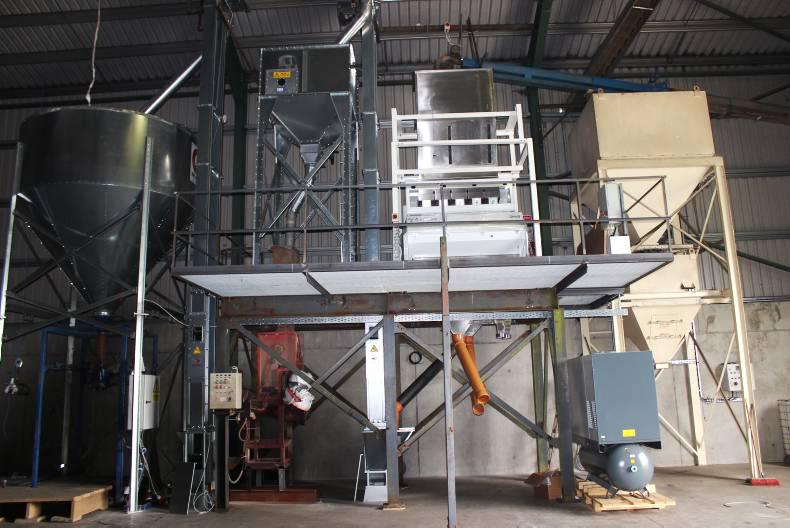
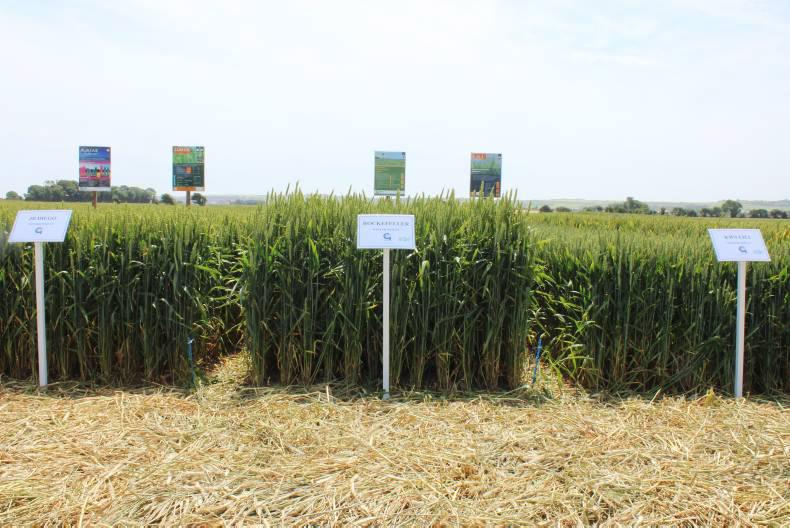


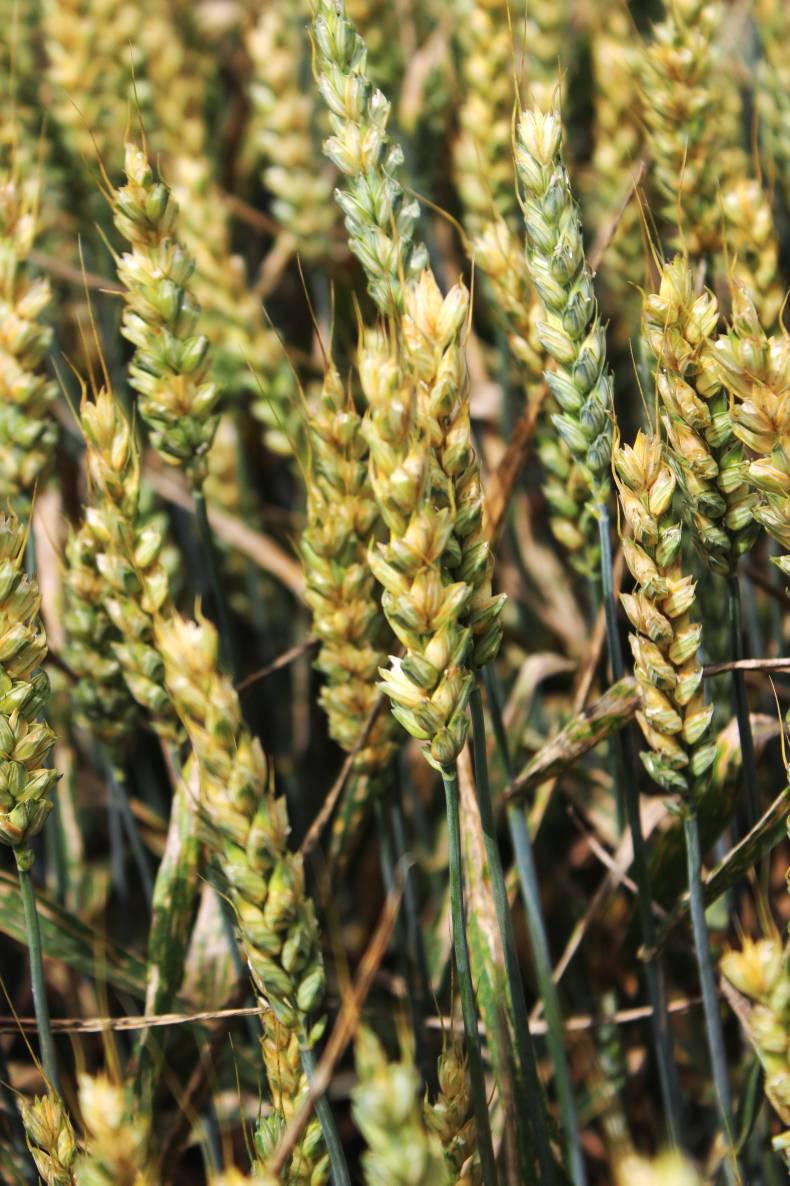
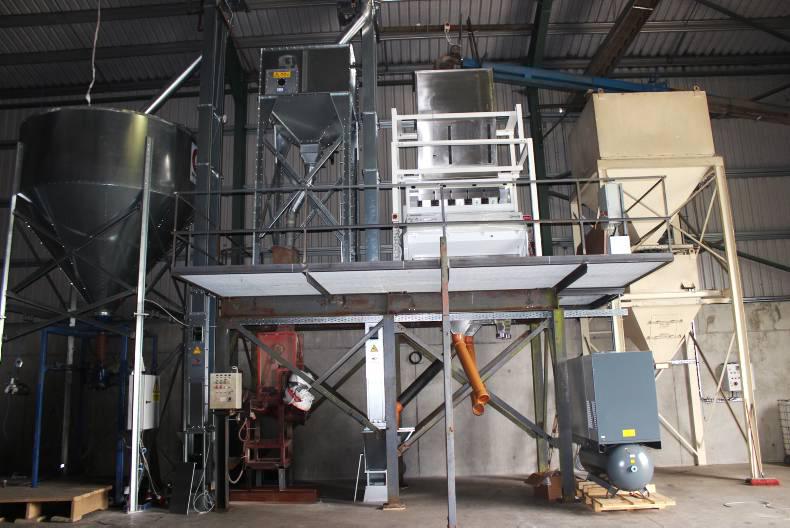
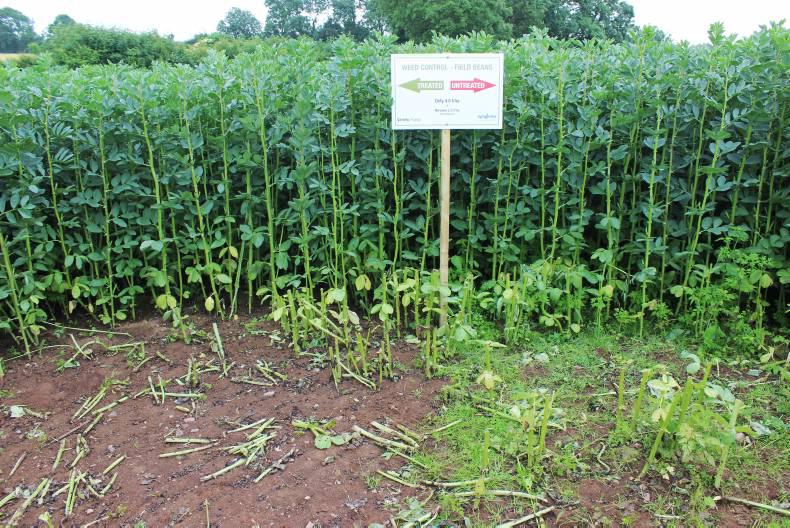
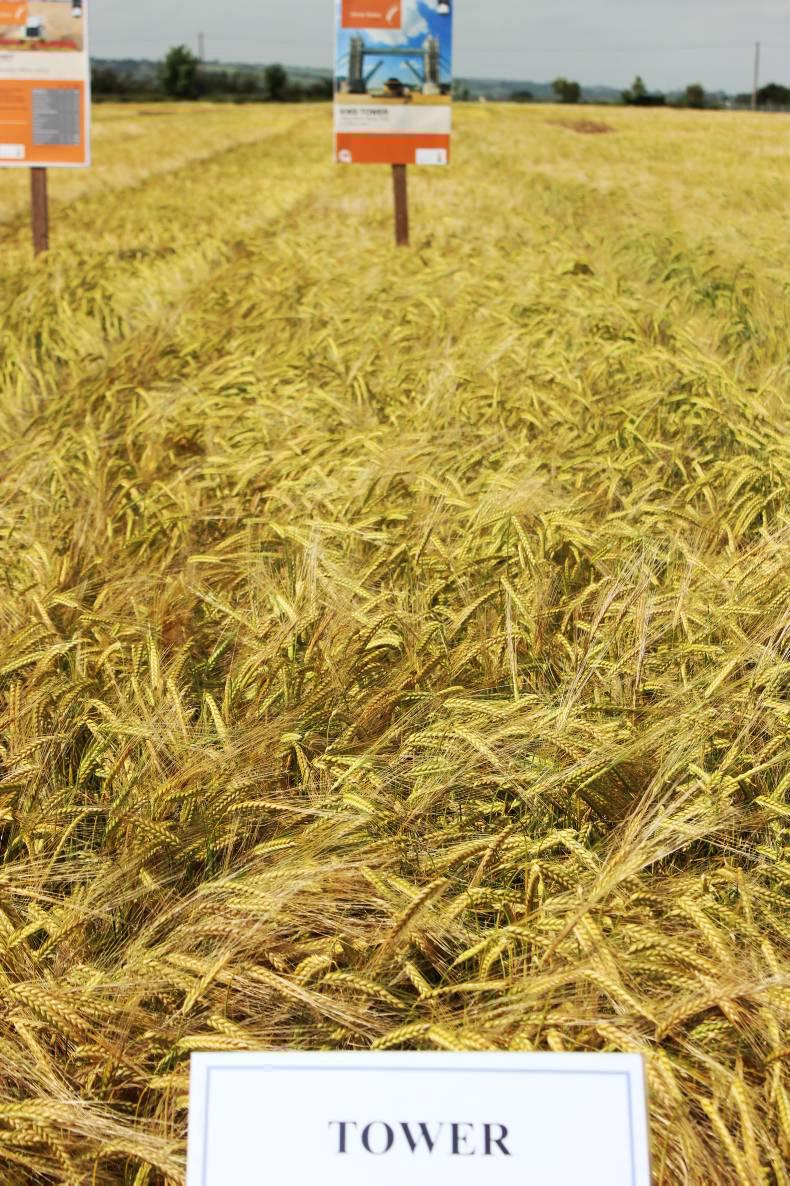

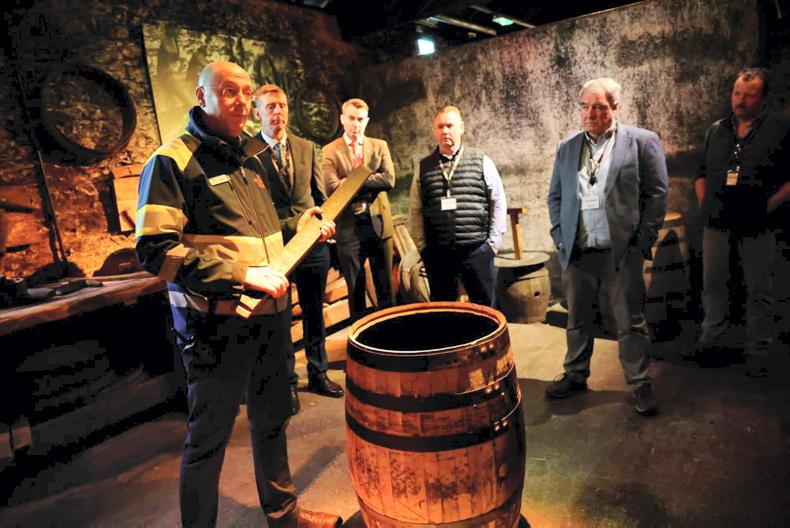

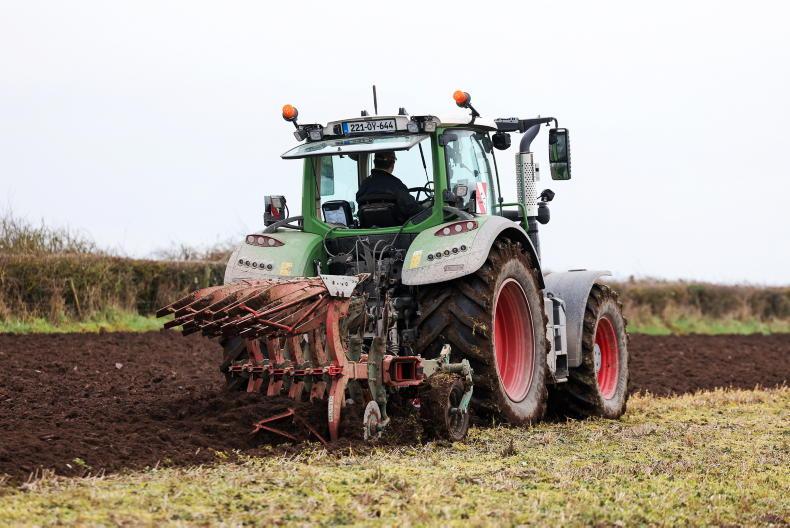
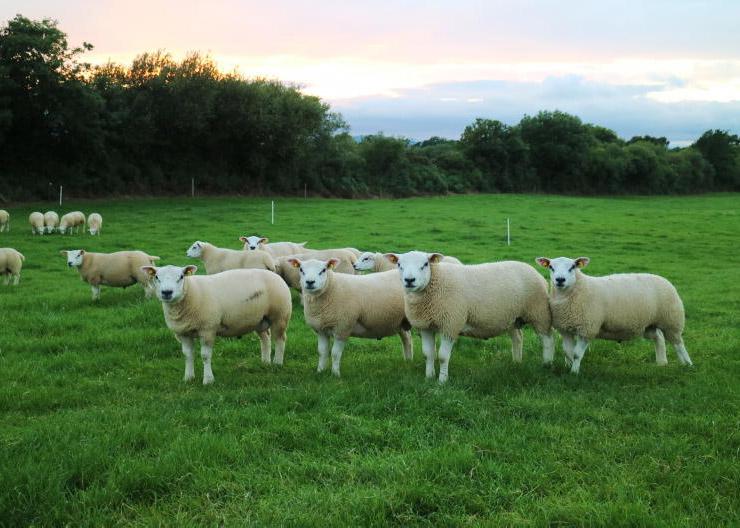
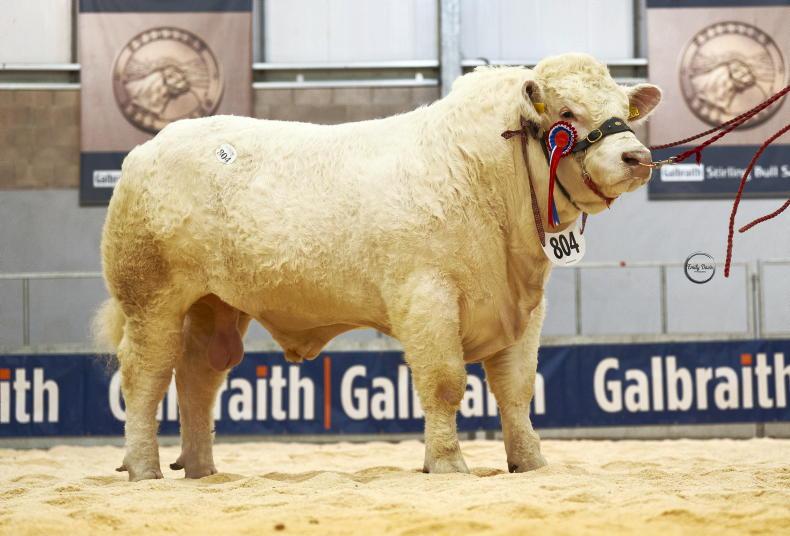
SHARING OPTIONS